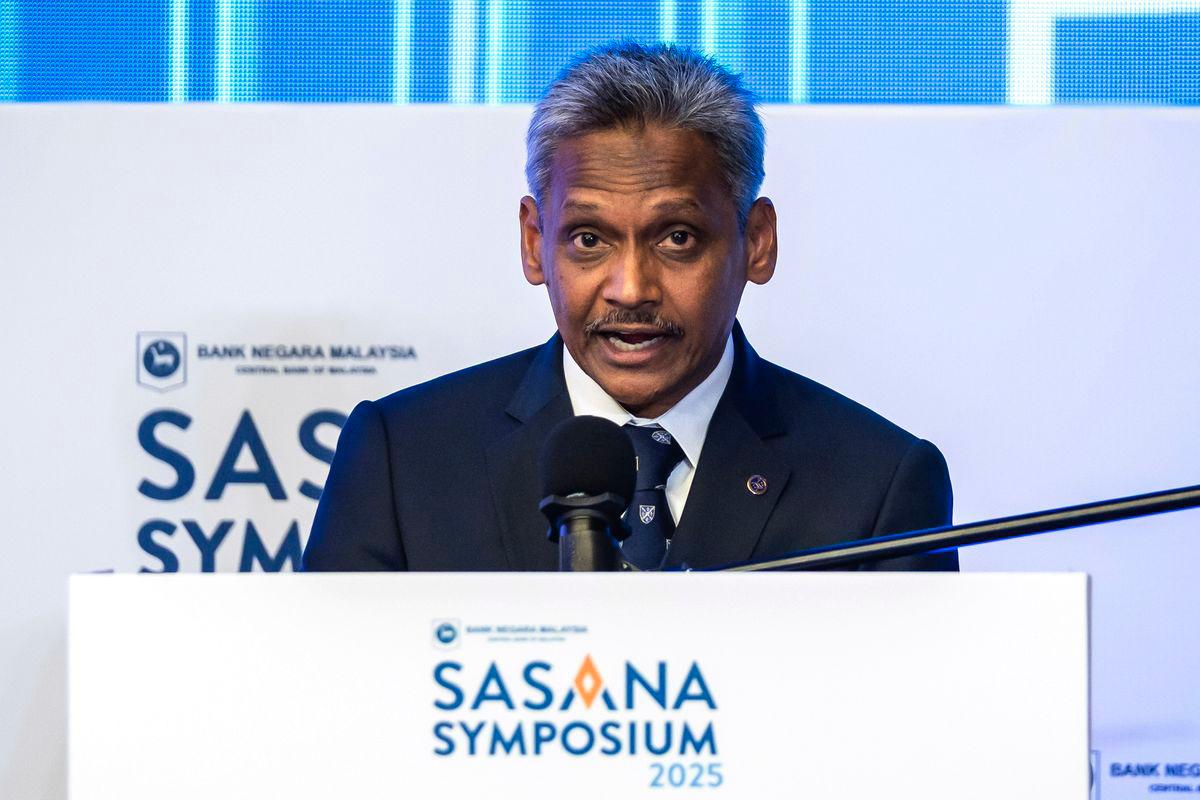KUALA LUMPUR: Bank Negara Malaysia (BNM) and the government are working on implementing the RESET initiative to address the high medical inflation in Malaysia.
BNM governor Datuk Seri Abdul Rasheed Ghaffour said the initiative is a joint commitment undertaken with the Ministry of Health and the Ministry of Finance (MOF) aimed at revamping medical and health insurance and takaful.
He stated that the RESET initiative would also serve to enhance price transparency, strengthen digital health systems, expand cost-effective care options and transform provider payment mechanisms.
“The success of RESET hinges on the involvement of all stakeholders in building a more accessible and resilient healthcare system and formulations,” he said in his welcoming address at the Sasana Symposium 2025, here today.
Abdul Rasheed added that more details on RESET and the broader healthcare reforms will be discussed in the panel session entitled “Rising Cost, Rising Stakes: Expediting Reforms to Address Medical Inflation”, which will be held tomorrow, June 18.
The session will feature Abdul Rasheed alongside Health Minister Datuk Seri Dr Dzulkefli Ahmad, Treasury secretary-general Datuk Johan Mahmood Merican and World Bank senior economist Aakash Mohpal.
Meanwhile, Abdul Rasheed emphasised that structural reforms require a whole-of-nation approach, and one area where this was on full display is in the healthcare reforms, where rising medical inflation demands a more coordinated approach.
The central bank governor noted that against the backdrop of economic uncertainties, open discourse is vital for gathering the best ideas to enable Malaysia to respond effectively to external challenges while continuing to drive structural reforms for the country.
“We are approaching this environment from a position of strength. The latest high-frequency indicators, such as the manufacturing industrial production index (IPI), services, exports and wages, point toward a resilient growth of the Malaysian economy,” he added.









